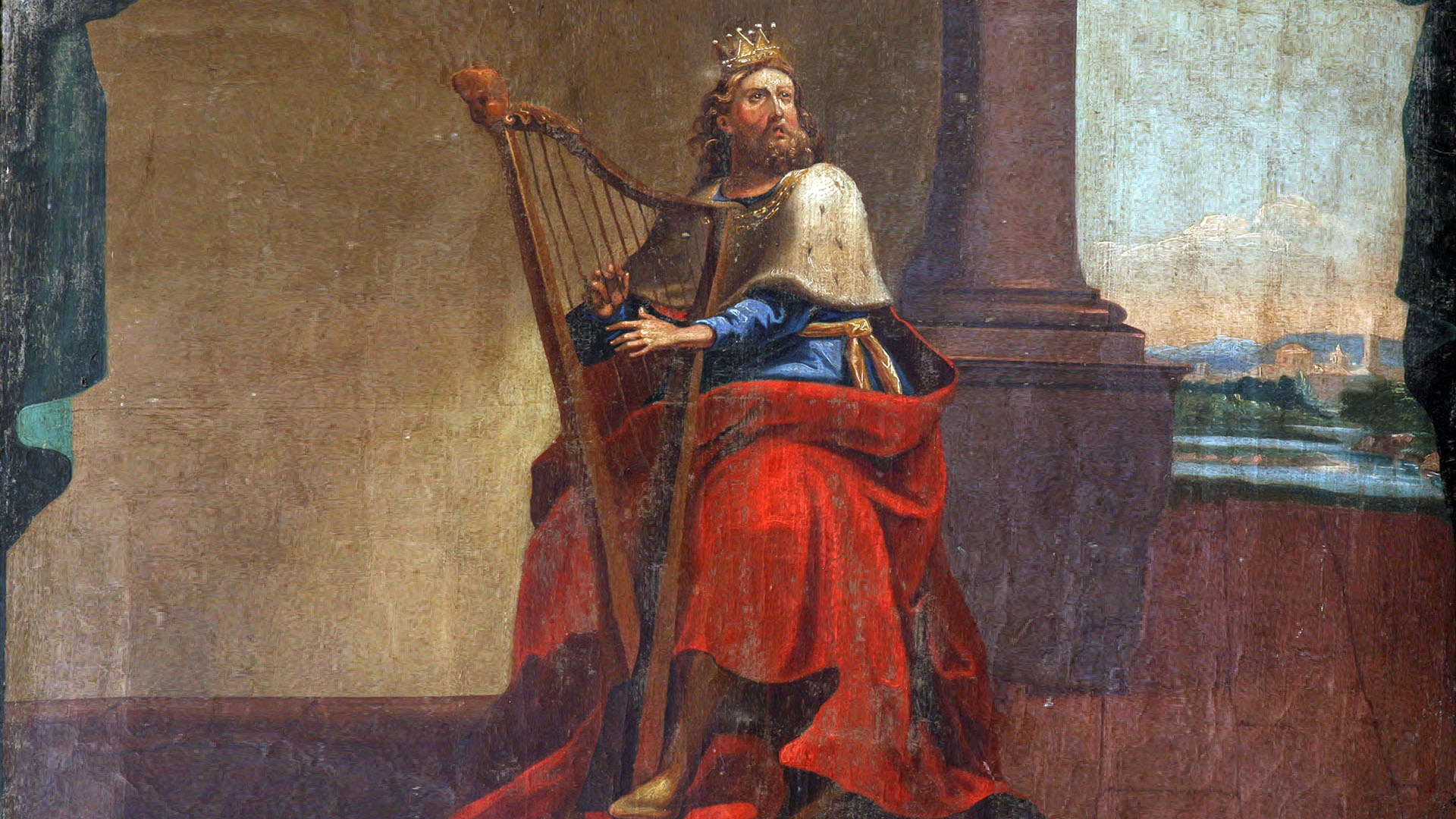‘I have found David the son of Jesse, a man after My own heart, who will do all My will.’ Acts 13:22
I can think of no greater epitaph than to be known as a man after God’s own heart. This was God’s accolade of David, not just man’s. Wow! There are many reasons why David fits this description, but the one I’d like to share with you is this – David lived by a Code of Honour. Let me explain.
Perhaps the first thing that came to your mind was the fact that David had refused to exact retribution on King Saul. After all, this is the very person who had attempted to skewer him with a spear and who had relentlessly pursued him to snuff out his life. David felt horrible just for cutting off the skirt of Saul’s robe! Because of honour, he dared not stretch forth his hand against God’s anointed.
Or perhaps you thought of 1 Samuel 30, when David’s family and all his possessions had been taken captive by the marauding Amalekites. David’s men found a sickly Egyptian slave in the field as they were in hot pursuit. These same men knew David honoured outcasts, for he had taken them into his cave when they were a mess and had turned them into true warriors.
So they ‘brought him to David’ (1 Sam 30:11). In the mould of dear Heidi Baker, David ‘stopped for the one’, giving this unvalued man bread, water, a cake of figs and two clusters of raisins. What was David’s reward for showing this man honour? The Egyptian showed the way for David to recover every member of his and his band’s families.
The story continues. David originally had 600 soldiers, but 200 were too exhausted to fight. The 400 strong ones felt justified in demanding full rights to the spoils. They had, after all, risked their lives while the others probably had a grand picnic and a nice long snooze.
David would hear none of it. The strong and the weak share alike in the spoils. Sounds to me like the same spirit which inspired the Apostle Paul to write these beautiful words about the Body of Christ: ‘Those members of the body which seem to be weaker are necessary. And those members of the body which we think are less honourable, on these we bestow greater honour.’ 1 Corinthians 12:22-23
David, like Paul, knew that showing honour to all is the heart of God.
I recently read two successive stories from David’s life that magnified his honouring ethic. In 2 Samuel 9, David woke up one day, probably after a sweet time of worship in the Presence of God, and decided he wanted to show the kindness of God to a survivor from the household of Saul.
Remember, this is the man who sought David like a flea and hunted him like a partridge (1 Sam 26:21). He found one. Mephibosheth was crippled. He had been 5-years-old when his father and grandfather died, which was also when the accident left him disabled. So what does David do to this one at a time when people like him were stigmatised? He brought Mephibosheth to the palace and gave him a seat at his own table next to the princes and princesses of the Kingdom. David honoured him.
Even the rulers of rival nations could qualify as objects of honour in David’s world. In the next chapter, 2 Samuel 10, David recalls a time when the King of Ammon had been gracious to him. So he sends an entourage to show kindness to his son Hanum after his dad died. Though the show of honour was repelled, David did not show honour only when honour was returned. He honoured because he was a man after God’s own heart. It was natural and spontaneous for David. I pray it’d be so for me!
Do you ever get up in the morning and have the urge to show someone the kindness of God? One thing God led me to do during this time of COVID is to find ways to honour people who have had an impact on my life over the years.
Honour is a part of the everlasting song of heaven (Revelation 4:11). Let’s make it a code that we live by until we get there.







